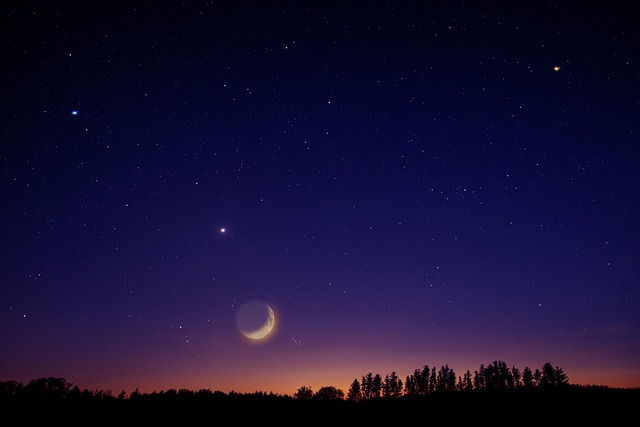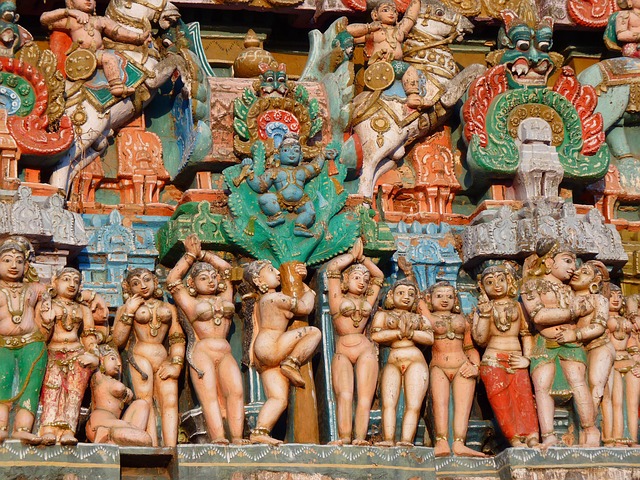The Influence of Venus in Ancient Religion: The Goddess of Love and Beauty
Venus, the epitome of love and beauty, has mesmerized humanity for centuries. Revered in various ancient cultures, the goddess transcended mere mythology, embodying ideals that resonate deeply within us. As we unravel her significance in ancient religions, we not only explore her divine characteristics but also reflect on the values and emotions that she instilled in her worshippers.
The Origins of Venus
Originating from Roman mythology, Venus took her place in a pantheon that revered not just power, but the softer virtues of affection and aesthetic. The Romans saw her as the ultimate maternal figure, representing fertility and prosperity. Yet, her influence extended beyond the Roman Empire; she was linked to Aphrodite, her Greek counterpart, who encapsulated similar traits of desire and allure. This connection illustrates how the essence of love and beauty has been a foundational element in spiritual beliefs across cultures.
Cult Worship and Rituals
The worship of Venus often involved rituals that celebrated love in its many forms. Temples dedicated to her were adorned with beautiful art and symbols of fertility, inviting both the ardent and the love-lorn to seek her guidance. Festivals honoring the goddess were vibrant celebrations, steeped in music, dance, and offerings that aimed to invoke her favor for romance and harmony in relationships. These events highlighted a collective yearning for connection and beauty in human experiences, drawing people together in a tapestry of shared emotions.
Venus as a Symbol of Love
In art, Venus has often been depicted as the ideal of feminine beauty and grace. From Botticelli’s The Birth of Venus” to countless sculptures, her visage embodies not just physical attractiveness but an aura of serenity and emotional depth. This visual representation served as a beckoning for devotees to aspire to such ideals in their own lives, making love, beauty, and compassion central tenets of their existential journey. The goddess became a beacon, guiding individuals in their pursuit of emotional fulfillment and harmony.
The Influence on Personal Relationships
Venus’s impact on personal relationships in ancient times was profound. Couples would pray to her for assistance in matters of love and marriage, seeking her blessing to solidify their bonds. Stories about her adventures, often filled with trials and tribulations, resonated with lovers navigating their complexities. This mirrored the struggles faced in relationships today, reminding us that the search for love—filled with both joy and challenge—is an enduring human experience, much like it was in ancient circles.
Lessons from Venus Today
Even in the modern world, the essence of Venus continues to influence our understanding of love and beauty. We still define beauty through various lenses—personal, cultural, and societal—and seek connections that resonate with our souls. As we reflect on the legacy of Venus in ancient religion, we are reminded of the power of love in shaping our lives, encouraging us to embrace the full spectrum of human emotion. This timeless goddess serves as a reminder that beauty and affection are not merely superficial attributes but rather profound forces that enrich our existence.
Throughout history, the influence of Venus as a goddess of love and beauty highlights the essential role of these qualities in shaping our spiritual and interpersonal landscapes. By continuing to honor her spirit, we may find deeper connections to ourselves and those around us.




